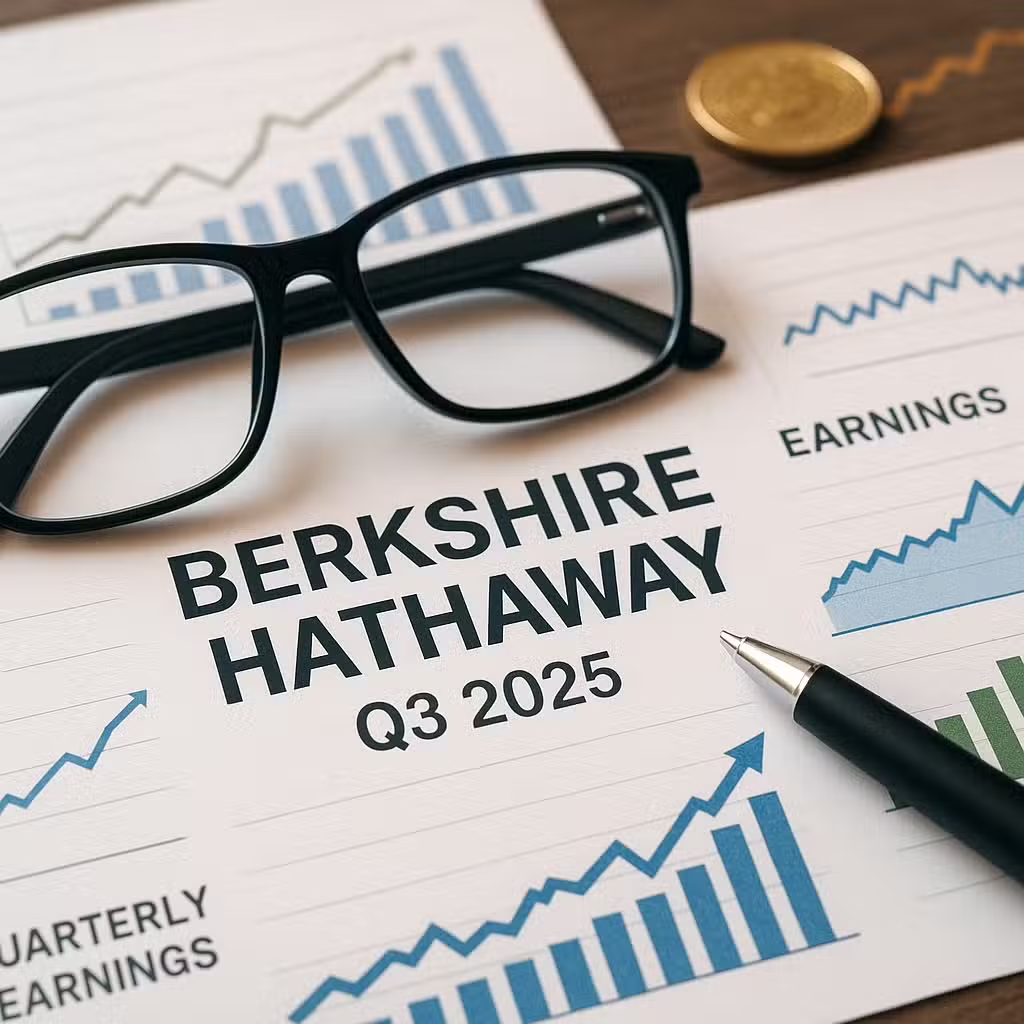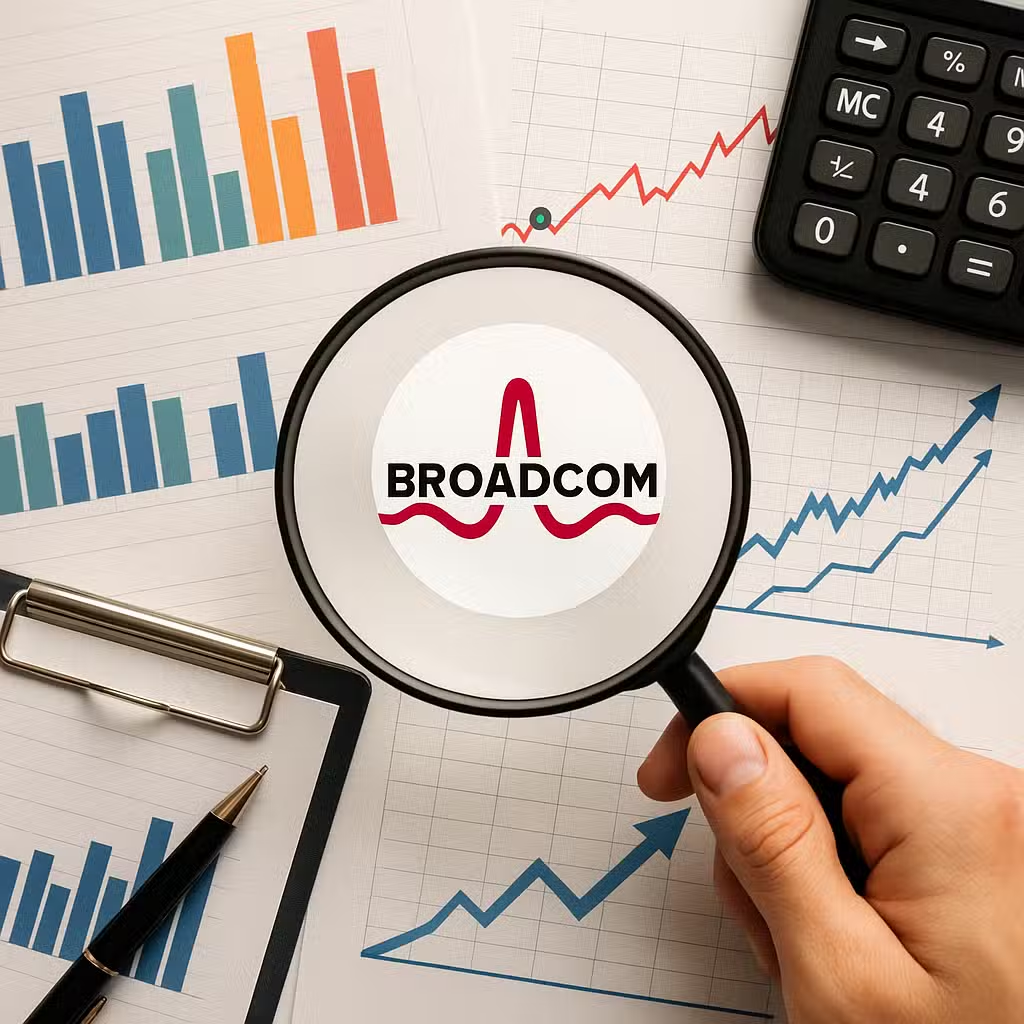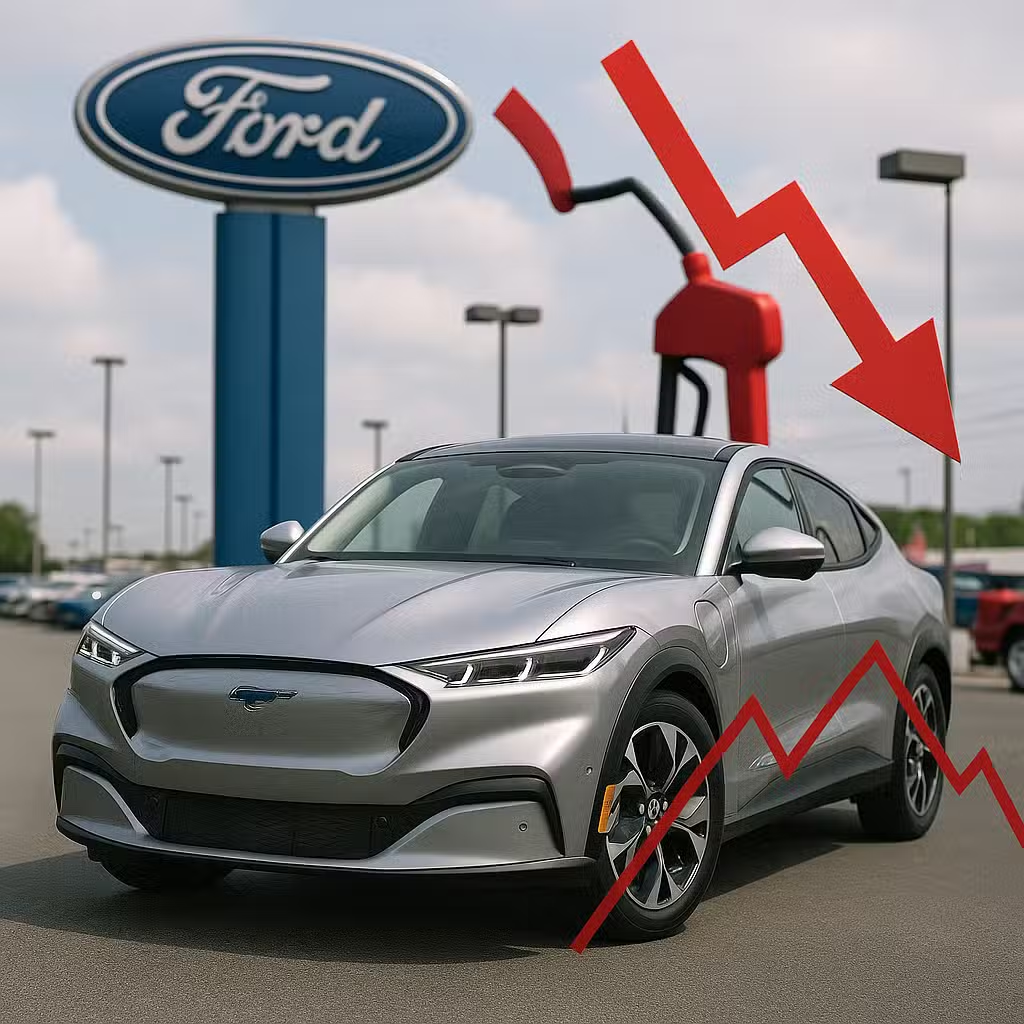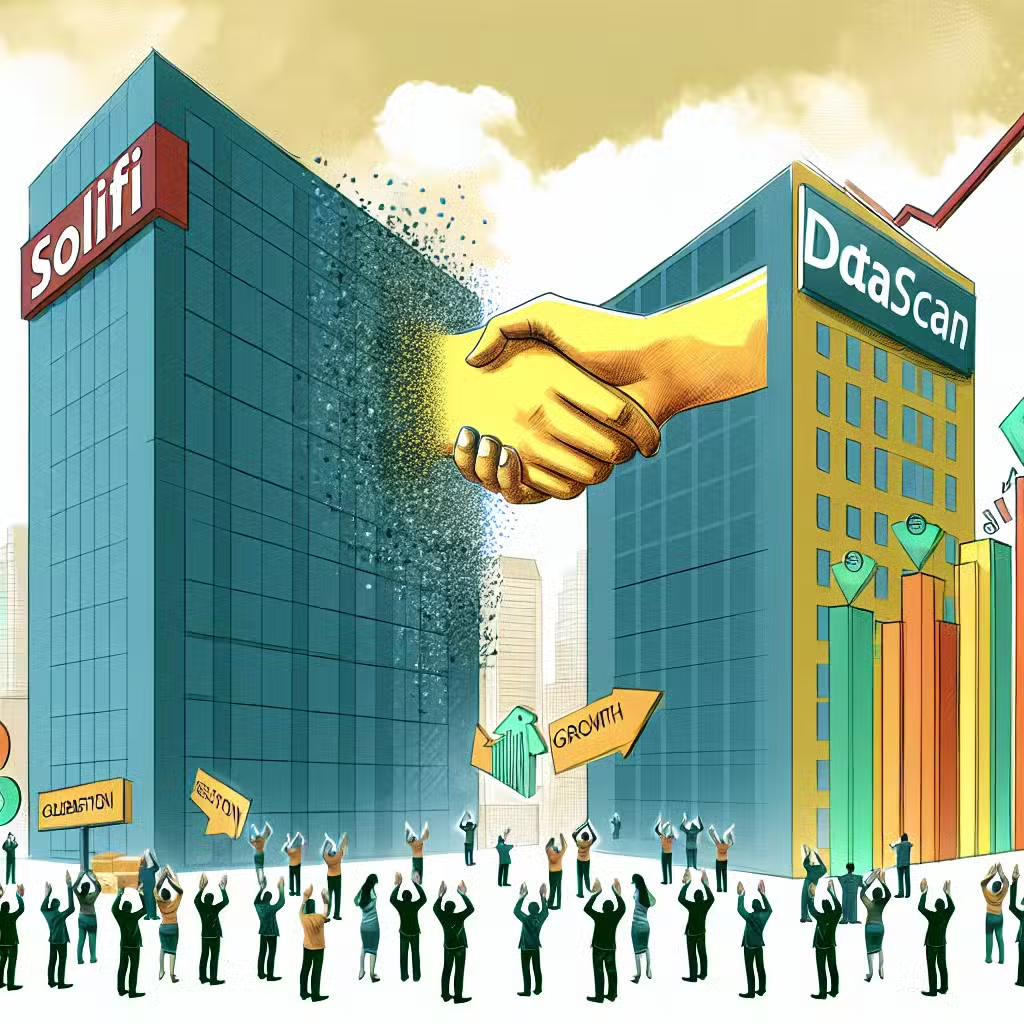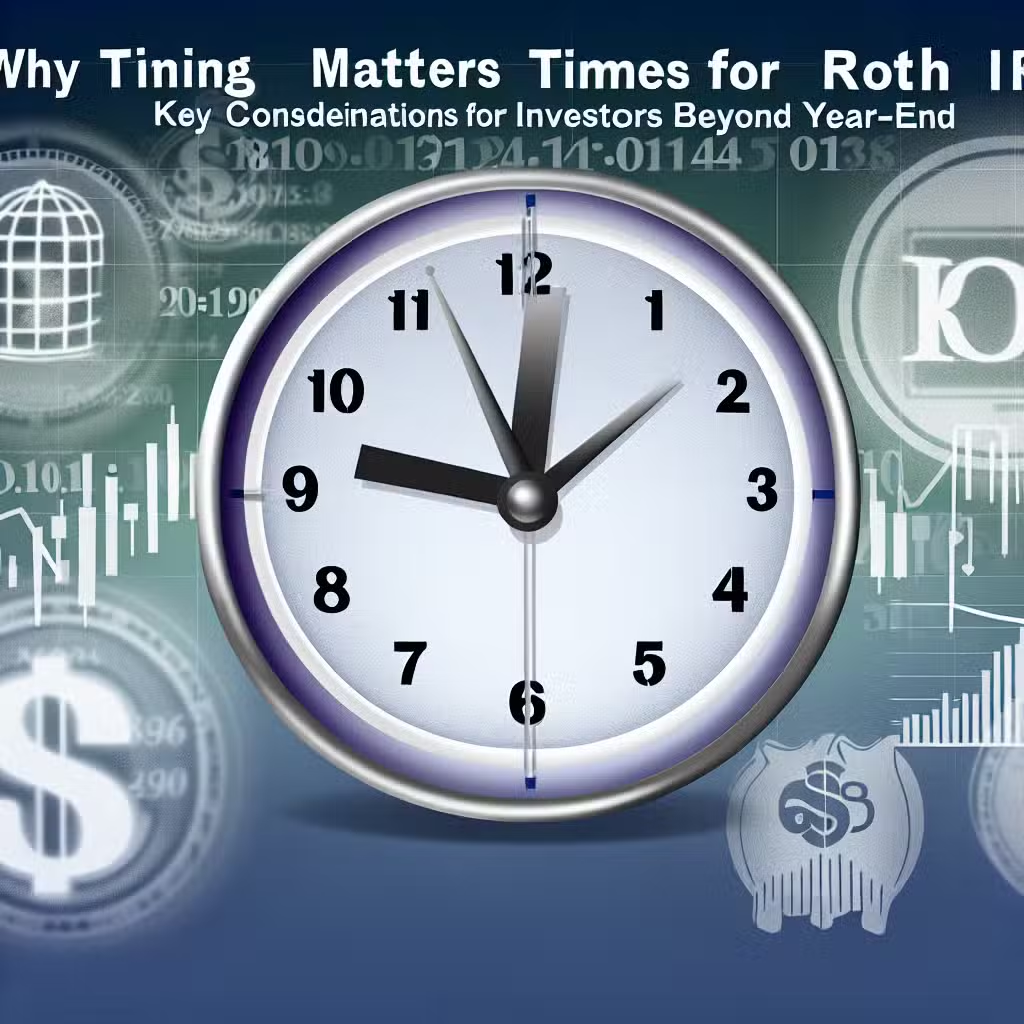Berkshire Hathaway Q3 2025 Earnings Offer Key Insights for Long-Term Investors
Imagine if you had a piggy bank that just kept getting bigger, but you weren’t sure what to spend your money on yet. That’s what’s happening at Berkshire Hathaway, the giant company run by Warren Buffett. This matters because when the world’s most famous investor makes a move—or doesn’t—it can ripple through the entire stock market.
What’s Going On With Berkshire Hathaway?
Berkshire Hathaway just reported a big jump in how much money its businesses made. In the last quarter, its operating profit shot up 34% compared to last year, reaching $13.5 billion. Most of this boost came from its insurance business, which had more than triple the profits it did a year ago.
But here’s something unusual: even though Berkshire’s stock price dropped and it has a record $381.6 billion in cash, Buffett didn’t buy back any shares. Normally, companies buy back their own stock when they think it’s cheap, but Berkshire decided to hold onto its cash instead.
And while the S&P 500—a group of the 500 biggest U.S. companies—is up over 16% this year, Berkshire’s shares are only up about 5%. That’s a big difference, and investors are paying attention.
Why Does This Matter for Investors?
Berkshire Hathaway is like a market thermometer. Its moves can show how confident big investors feel about the stock market, specific industries like insurance or railroads, and even the wider economy.
- Lots of cash: With $381.6 billion sitting on the sidelines, Berkshire has more money than ever before. This could mean they’re waiting for a big opportunity—or that good deals are hard to find right now.
- No buybacks: Buffett not buying back shares may signal he thinks the stock isn’t cheap enough, or that he’s being extra careful with the company’s money.
- Leadership change: Warren Buffett is stepping down at the end of the year after 60 years. Greg Abel will take over, and some investors are worried the company won’t be the same without Buffett’s famous decision-making.
For context, American companies bought back over $1 trillion of their own stock in 2022, a record high, according to Statista. Berkshire’s decision to sit out is especially notable.
Bullish Case: Reasons to Be Positive
- Strong profits: Berkshire’s businesses are making more money, especially in insurance. That’s a sign the company’s core operations are healthy.
- Big cash pile: If the market drops or a great business comes up for sale, Berkshire is ready to pounce with lots of cash.
- Smart deals: Berkshire just agreed to buy OxyChem for $9.7 billion, showing it’s still willing to make big investments when it sees value.
- Diversified: Berkshire owns many types of businesses, from railroads to candy. This helps protect investors if one industry struggles.
Bearish Case: Reasons to Be Cautious
- Stock lagging: Berkshire’s shares haven’t kept up with the broader market this year, which might make some investors nervous.
- Buffett leaving: Some investors worry that without Warren Buffett, Berkshire may not perform as well. The “Buffett premium”—extra value people give the stock because of his reputation—could fade.
- No good deals: If Berkshire is selling more stocks than it’s buying, it may mean Buffett and his team think the market is too expensive right now.
Historical Perspective
Berkshire’s cash pile has never been bigger. The last time it set a record was just a few months ago. Historically, Buffett has used big market downturns to scoop up bargains—like during the 2008 financial crisis, when Berkshire made major investments in companies like Goldman Sachs and General Electric (NY Times).
Investor Takeaway
- Watch Berkshire’s cash moves: If they start spending, it might signal new opportunities—or trouble—in the market.
- Keep an eye on leadership: Greg Abel is taking over soon. Read his first annual letter in 2026 to see how his style compares to Buffett’s.
- Diversify: Berkshire’s mix of businesses is a reminder not to put all your eggs in one basket.
- Patience can pay off: Sometimes, waiting for the right deal—like Buffett—is smarter than jumping in too quickly.
- Don’t follow headlines alone: Look at the facts, not just the hype. Berkshire’s cautious approach could be a lesson in careful investing.
For the full original report, see CNBC

